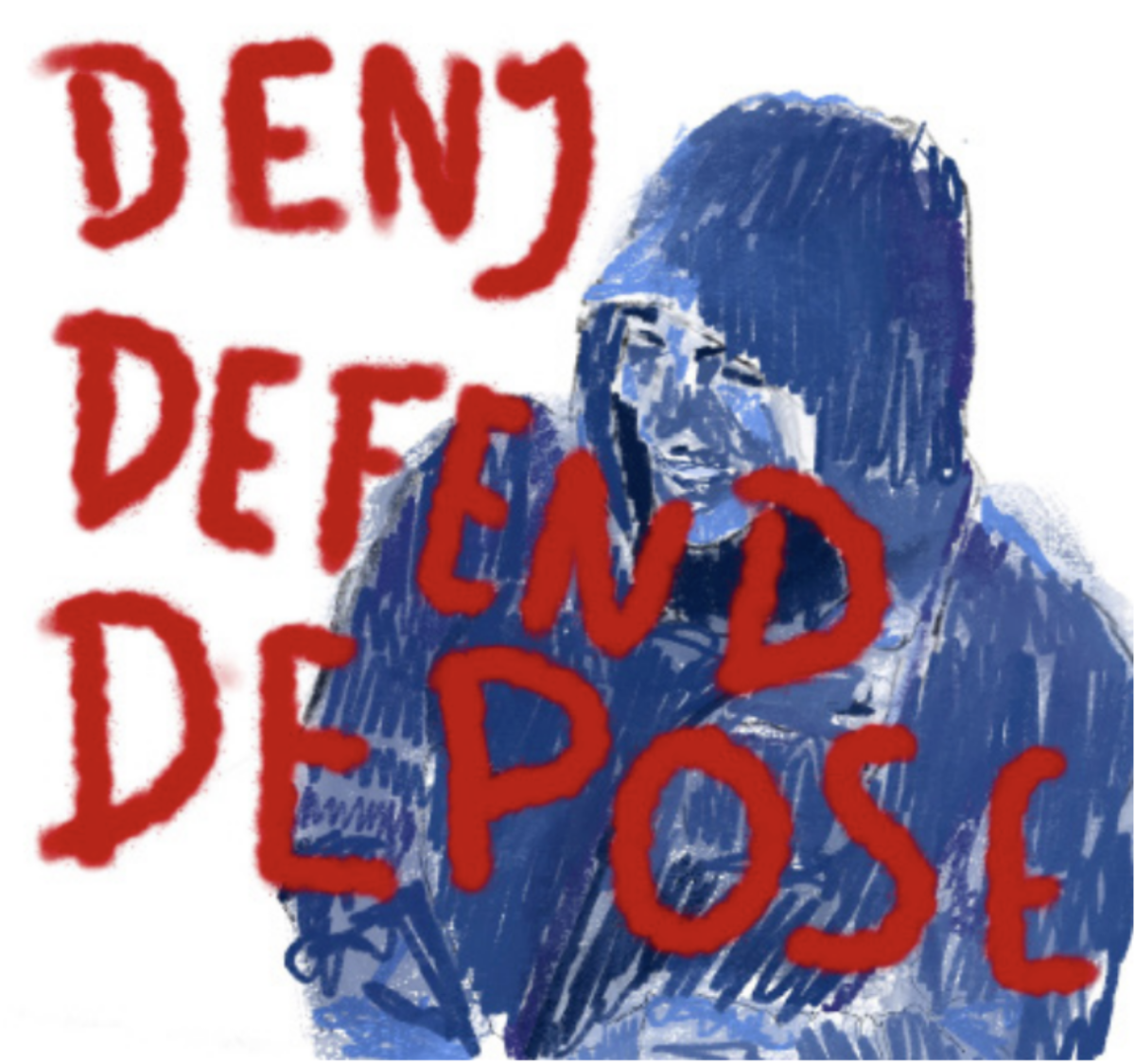Just a couple of weeks ago, Elianne Andam was fatally stabbed on her way to school by a seventeen-year-old teenage boy. At the time of the incident, she was fifteen years old, and living in south London. It is suspected from witness accounts that either the boy offered Elianne flowers that she rejected, or she was protecting a friend who was being offered flowers. The result? The seventeen-year-old responded by pulling out a knife and stabbing her multiple times. The teenage boy was arrested for murder and an investigation began. (France, 2023)
On June 16, 2021, Vineesh Vinod was arrested for the murder of Drishya, who was a student at the Nehru College in Ottapalam. The police stated that the twenty-year-old’s motive for killing his ex-girlfriend was because she broke up with him, and rejected his proposal that came after weeks of stalking and harassment. (Outlook India, 2023)
27-year-old Julia Martin living in Chicago was brutally stabbed to death for trying to return her engagement ring. Her ex-boyfriend, Rodney Harvey, and Julia dated for three years, and broke up just six months before the incident occurred. (Davis, 2020)
Tiarah Poyau was a 22-year-old St. John’s University college student, who was shot in the face “by a man who she rejected after he began dancing on her during the annual J’Ouvert festival in Brooklyn” (Davis, 2020)
In 2022, Nayera Ashraf was stabbed to death on a busy street in front of her university. Mohamed Adel stabbed her multiple times after she rejected his advances. On the victim’s phone, there were messages found from him threatening to cut her throat. Nayera had even reported him to the authorities prior to the stabbing for fear that he would attack her. (Al Arabiya, 2022)
These stories are only a few examples of what can be the result of women simply saying “no”. Though these cases may seem extreme, aggression including murder due to rejection happens all around the world, too often for them to be unique incidents. In fact, a quick search on ‘rejection violence’ will bring up countless articles about aggressive responses of men being rejected.
Aggressive reactions to men being told “no” are not only limited to murder, some more common responses include verbal insults and threats. Although not as severe as the cases of femicide previously mentioned, even just being shouted at or cussed at for saying “no” violates the basic right of having a choice.
Of course, rejection is hurtful, especially if someone has had to work up the nerve to pose the question. However, seeing the extent to which some people will go is shocking, and quite honestly, terrifying. Since it is such a recurring issue, looking at the root of what leads to rejection violence can say a lot about the whole story.
Nowadays, toxic masculinity is a topic that people have started talking more about. According to the dictionary, it is defined as “a set of attitudes and ways of behaving stereotypically associated with or expected of men, regarded as having a negative impact on men and on society as a whole.” Examples of it include things like belittling expressions of emotion, aggressive and dominant behaviour, not engaging in household chores, sexism, and homophobia. According to Jaime Gleicher, psychotherapist, when men are rejected “they associate it with their masculinity. When that’s threatened by an outside source, they tend to fight for it”. Due to the way that society was shaped many years ago, there are still some outdated social expectations in the world today. Because men are still often seen as needing to be stoic, strong, and dominant in some ways, there is a degree of fragility. This is what then leads certain men to react so violently to rejection: they feel they are entitled to the relationship and by being rejected, their role of being ‘dominant’ and their ‘masculinity’ is threatened. Therefore, they lash out and react in a way that they associate with being ‘manly’.
These harmful behaviours that were created by narrow-minded social norms cause violence that not only affects women but also men and society in itself. Though society has progressed in recent years, the rates of toxic masculinity-related violence are still high, to a concerning level. There is no simple, quick solution since debunking social norms is a complex matter. However, it is also not a solution to conclude that nothing can be done at a smaller scale. Toxic masculinity should be talked about more often, as well as the fact that being told “no” doesn’t threaten masculinity. Spreading awareness is crucial to make the first step to change social norms.






